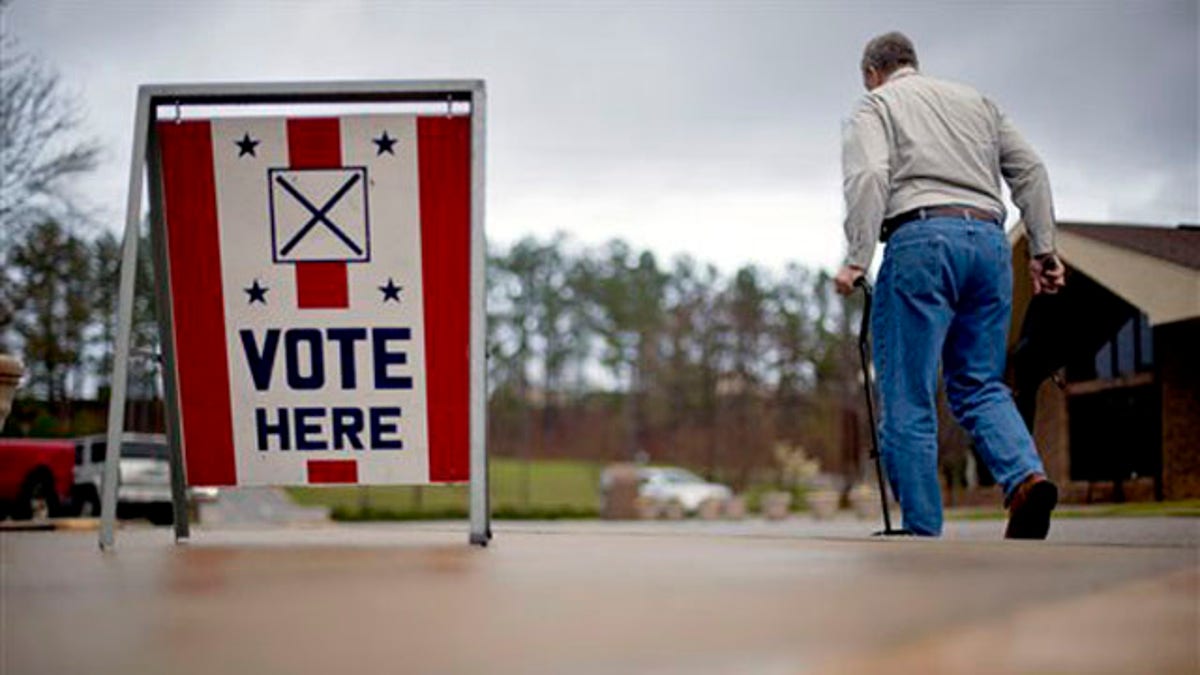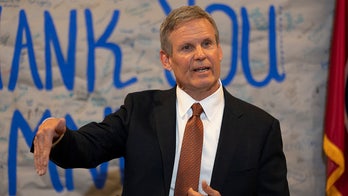There’s a reason why every presidential primary candidate spends so much time stumping in New Hampshire, and why every other state wants a piece of the action. As host of the first presidential primary in the nation, New Hampshire helps set the momentum for the rest of the race – and has a habit of picking the eventual winner in recent Republican contests.
So the Granite State, along with the first caucus state, Iowa, get the most attention – though some critics say disproportionately. With only 23 delegates at stake in the 2016 GOP contest, New Hampshire doesn’t have the heft of say, California, which will carry upwards of 172 Republican delegates to the nominating convention. Nevertheless, while New Hampshire’s primary will take place on Feb. 9, the California primary isn't scheduled until June 7, long after a winner is likely to emerge.
Other early primary contests include South Carolina’s (Feb. 20) followed by Super Tuesday (March 1), which features 14 states from every corner of the country with a combined total of 653 pledged candidates at stake.
The number of delegates each state gets is determined by the national party, typically based, but not exclusively, on the number of congressional districts in each state. How the delegates are won is determined at the state party level, which means there are widely varying rules across the country.
Democratic candidates win delegates proportionate to the number of votes they get in that particular state primary. For example, if Hillary Clinton gets 60 percent of the vote in New Hampshire, she gets 60 percent of the pledged delegates there. State Republican parties have more discretion over how they apportion their delegates to winning candidates. Up until March 14 in next year’s contests, they must adhere to a proportional formula similar to the Democrats. But after that date, states are free to tinker with the system, which may include a winner-take-all formula, or some sort of hybrid.

A voter leaves a polling place in Birmingham, Ala. in 2012 (AP)
Pledged delegates are committed to voting for the candidate who won them at the nominating convention. These delegates are typically local and state party officials, committee members, and party activists. Each state has super-delegates, as well, and they are not bound to any one candidate. They typically include elected officials and other party VIPs like former members of Congress, governors or ex-presidents. According to Ballotpedia, 15 percent of delegates in the 2016 Democratic convention are expected to be super-delegates.
In the past four presidential election cycles, the winner of the GOP primary in New Hampshire went on to be the party’s nominee. In 1996, Pat Buchanan won the state’s contest, but ultimately lost to Bob Dole at the national convention. Hillary Clinton won the New Hampshire Democratic primary in 2008, but ultimately lost the nomination to Barack Obama.





